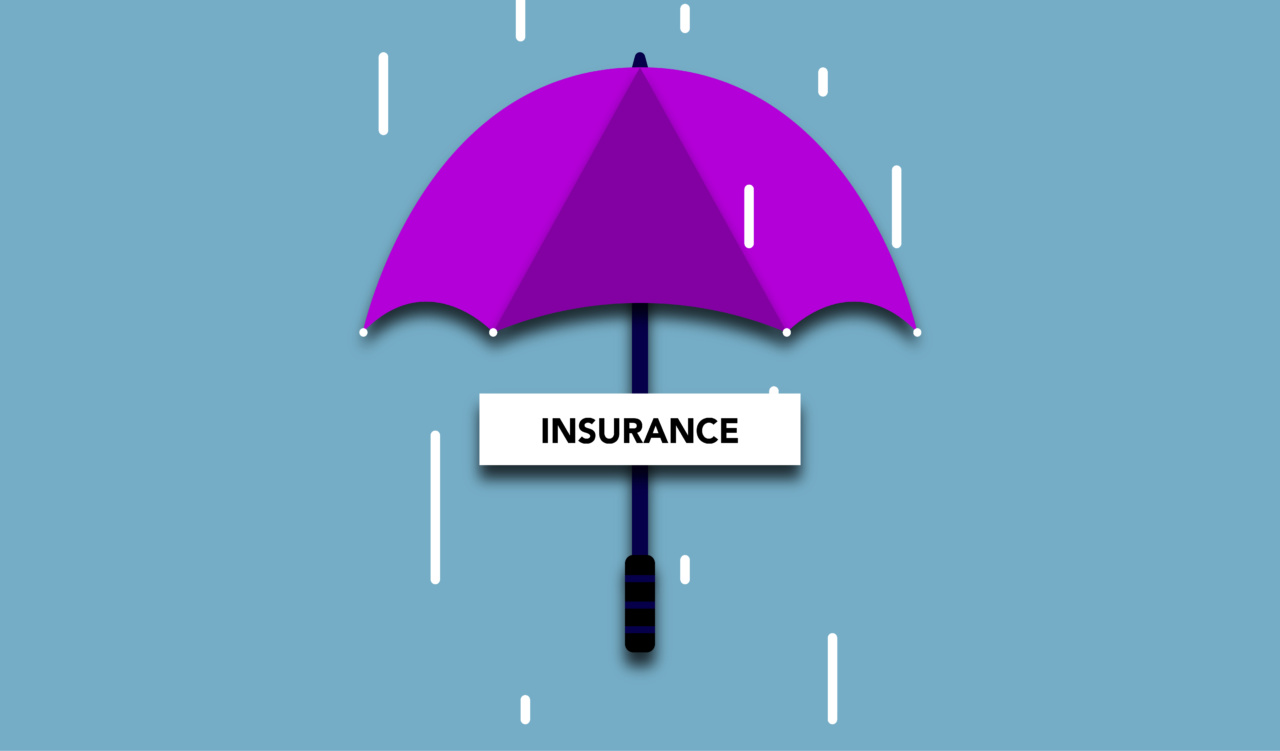Living in an unpredictable world calls for preparedness and protection against unforeseen events, especially natural disasters. While we cannot prevent natural disasters, we can build a safety net to minimize financial losses and ensure peace of mind.
One crucial component of this safety net is having the right insurance coverage. In this article, we will discuss the insurance policies you need to safeguard yourself and your assets during times of natural calamities.
1. Property Insurance
Property insurance is a fundamental aspect of disaster preparedness. It provides coverage for damage to your home and its contents caused by natural disasters such as fire, windstorms, and hailstorms.
Typically, property insurance includes coverage for the structure of your home, personal belongings, and liability protection. It is important to review your policy and ensure it includes coverage for the specific perils relevant to your geographical location,.
2. Home Insurance
Home insurance is a broad category that encompasses various types of coverage to protect your property. In addition to property insurance, home insurance often includes coverage for incidents like theft, vandalism, and personal liability.
When choosing a home insurance policy, consider adding endorsements or riders to cover specific natural disasters prevalent in your area, such as flood insurance or earthquake insurance. These additional coverages may require separate policies, so consult with your insurance provider to assess your needs.
3. Flood Insurance
Floods can cause significant damage to your property, and unfortunately, most standard home insurance policies do not cover flood-related losses.
It is crucial to obtain a separate flood insurance policy to protect your property from this specific natural calamity. Flood insurance typically covers damage to both the structure and contents of your home resulting from a flood. If you live in an area prone to flooding, purchasing flood insurance is essential to safeguard your investment.
4. Hurricane Insurance
If you reside in a coastal area or a region susceptible to hurricanes, having hurricane insurance is vital.
Standard home insurance policies often exclude coverage for hurricane-related damages, including windstorm damage and flooding caused by hurricanes. Hurricane insurance covers these specific risks associated with hurricanes, ensuring that you can rebuild and recover after the storm passes.
5. Earthquake Insurance
For individuals residing in earthquake-prone areas, earthquake insurance provides necessary coverage for property damage resulting from seismic activity.
Most standard home insurance policies do not include earthquake coverage, so purchasing a separate policy is crucial. This insurance can help you repair or rebuild your home and replace damaged belongings, reducing the financial burden caused by earthquakes.
6. Insurance Policy Review
Regularly reviewing your insurance policies is essential to ensure they adequately cover the potential risks associated with natural disasters. Verify that your coverage limits are sufficient to replace or repair your property and belongings.
Keep in mind that the costs of construction materials, labor, and living expenses may increase over time, so updating your coverage amounts accordingly is crucial. Additionally, some insurance policies may have exclusions or limitations on coverage, so it is essential to understand the terms and conditions of your policy.
7. Documenting Your Belongings
In the event of a natural disaster, having an inventory of your belongings can greatly ease the claims process with your insurance provider.
Take the time to document your possessions by creating a detailed list, including photographs or videos of each item. Store this inventory in a safe place, either physically or digitally, and keep supporting documentation such as purchase receipts and appraisals.
This documentation will help validate your claims and ensure you receive the appropriate compensation for your losses.
8. Evacuation and Loss Prevention
Insurance coverage is a crucial component of disaster preparedness, but it is equally important to take measures to mitigate potential losses.
Develop an evacuation plan in advance and practice it with your family to ensure everyone knows what to do and where to go in the event of an evacuation order. Additionally, invest in loss prevention measures such as installing storm shutters, reinforcing your roof, and securing loose items in your yard to minimize damage caused by severe weather conditions.
9. Business Insurance
Entrepreneurs and business owners should not overlook the need for insurance coverage in the face of natural disasters.
Business insurance policies typically include property coverage for physical assets, liability coverage, and business interruption coverage. Business interruption insurance is vital as it provides coverage for lost income and additional expenses incurred if your business operations are interrupted or forced to temporarily close due to a natural disaster.
10. Seek Professional Advice
Understanding the complexities of insurance policies and choosing the right coverage can be overwhelming. Seek advice from insurance professionals who can assess your specific needs and provide guidance on appropriate coverage options.
An insurance agent or broker can help you navigate through the complexities of insurances and ensure you have the necessary coverage to protect yourself and your assets.
Building a safety net for natural disasters involves more than hoping for the best.
By securing the right insurance coverage, documenting your belongings, implementing loss prevention measures, and seeking professional advice, you can fortify your financial stability and protect your loved ones during even the most challenging situations. Start building your safety net today and find peace of mind knowing you are prepared for whatever nature may bring.




























